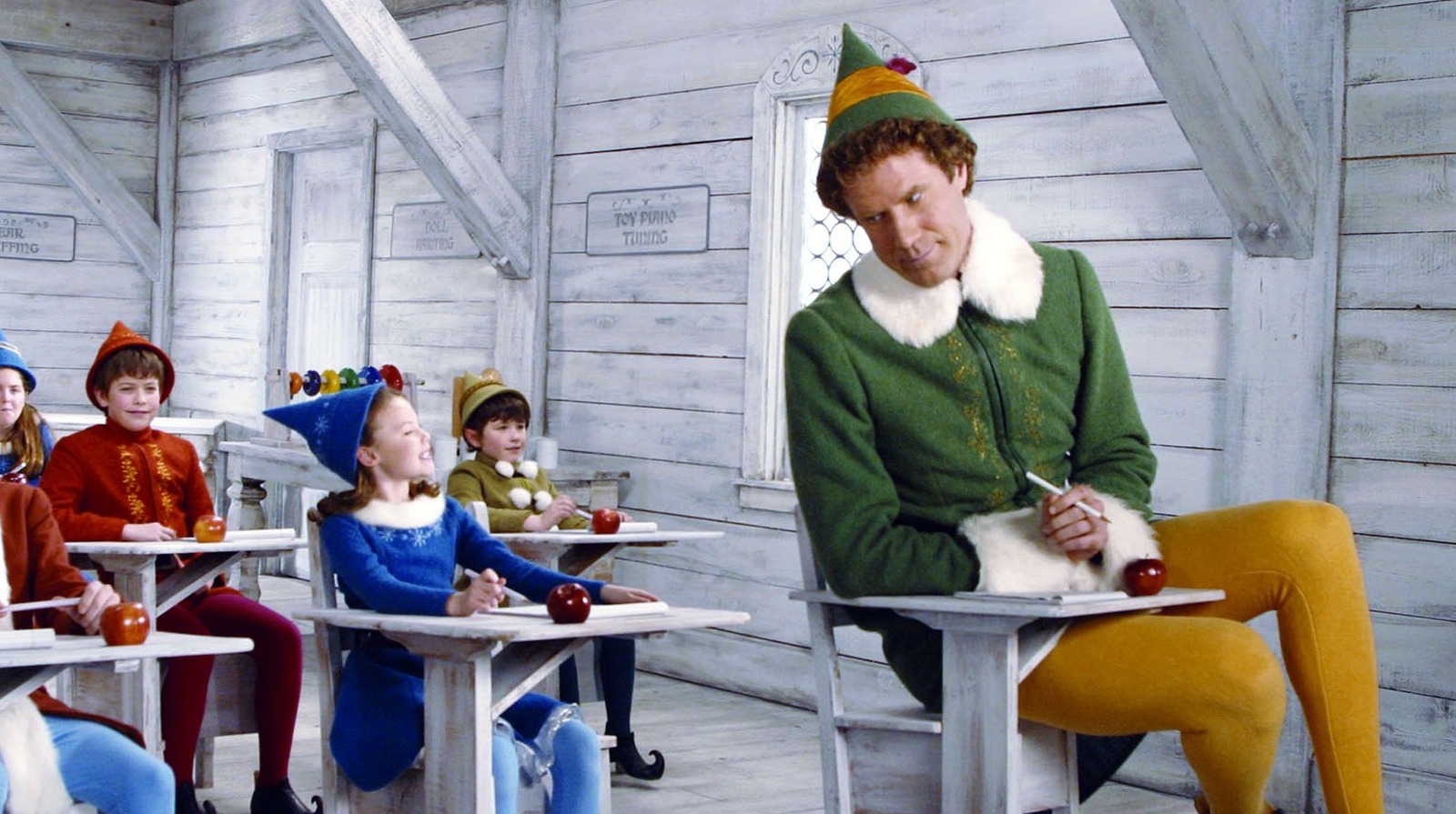In a public-health crisis that is killing more than 2,200 Americans a day, it is easy enough to meet that burden. It takes a bit more effort to see, as Dr. Srinivasan argues we should, how the very existence of such forced trade-offs constitutes a form of invisible injustice, “a Sophie’s choice between self-preservation and justified rage.”
Health care workers have been uniquely affected by the U.S. coronavirus outbreak, so their anger may be uniquely apt. But on some level, all Americans possess a reason for being angry about the nation’s failed pandemic response.
“You are allowed to be angry,” Rebecca Jennings of Vox wrote in May. “Individual Americans, for the most part, have held up our end of the bargain by staying home whenever possible in order to lessen the burden on our health care system, drastically redesigning our lives to fit around a scary and constantly evolving crisis, canceling an entire year’s worth of weddings, holidays, funerals. Our government hasn’t.”
How to manage your pandemic anger
Direct it at those in power.
While the impulse to shame people for flouting Covid-19 safety measures is ostensibly about public health, it can also be understood as part of a larger contemporary tendency to charge individuals with the burden of solving social problems.
“It can make people feel they have some control over the issue and relieve them of what I think is a real duty to advocate for broader social solutions,” Pamela Hieronymi, a professor of philosophy at the University of California, Los Angeles, told Ms. Jennings. “And quite frankly, the people and industries who that broader solution would cost absolutely want to put the focus on the individual responsibility because that’s taking the focus off of them.”
For example, you don’t need to make excuses for people who eat indoors at crowded restaurants to appreciate that the policies that continue to make indoor dining both possible and financially necessary for many restaurants constitute the greater public-health threat.
Understand the difference between shame and peer pressure.
As Dr. Marcus told NPR, there is a fine line between public shaming that makes people feel bad about risky behavior and more positive forms of peer pressure that motivate them to take precautions. For example, some psychologists suggest that instead of confronting people for not wearing a mask from a place of self-interested indignation, you might emphasize how wearing a mask helps protect others.

